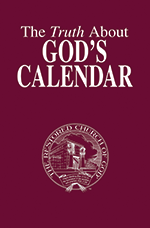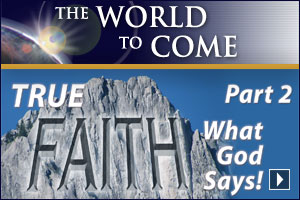This statement from Christ is found in Luke 14:26 (New King James Version). Yet, He had previously given the charge, “But I say to you who hear: Love your enemies, do good to those who hate you…just as you want men to do to you, you also do to them likewise. But if you love those who love you, what credit is that to you? For even sinners love those who love them” (6:27, 31-32). Here, Christ was giving some of the elementary guidelines to being a Christian. In verse 29, He introduced the principle of “turning the other cheek.”
Many “higher critics” target certain scriptures and use them to try to discredit the Bible, claiming that it contradicts itself. But John 10:35 plainly shows that God’s Word does not contradict itself. Luke 14:26 is an example of a scripture cited by such critics in order to “prove their point.” But is it contradictory?
To fully understand Christ’s meaning here, the meaning of the Greek word translated “hate” must be examined. In this verse, the original Greek word is miseo, meaning “to love less” (Strong’s Exhaustive Concordance of the Bible).
Therefore, Christ is saying that anyone following Him, making a commitment to the Christian way of life, must love Him more than family and friends, and even life itself. Christ stated, “Greater love has no man than this, that a man lay down his life for his friends…I have called you friends” (John 15:13, 15). God demonstrated this love for us in that “…while we were yet sinners, Christ died for us” (Rom. 5:8).
When summing up the principles of God’s Law (which He calls “holy, just and good”—Rom. 7:12), Christ summed up the last six commandments with the simple statement, “You shall love your neighbor as yourself” (Matt. 22:39). But the first four He summarized as “You shall love the Lord your God with all your heart, and with all your soul, and with all your mind” (vs. 37). Anyone who loves God, and the way of life He commands and offers, will not bend on His principles. Such an individual places his relationship with God before any and all relationships with other people.
The conclusion of the whole matter, as Solomon wrote, in Ecclesiastes 12:13, is that we are to “…Fear God, and keep His commandments: for this is the whole…man.” In Matthew 19:29, Christ pronounced the ultimate reward for those who sacrifice in this life in order to live God’s Way: “And every one that has forsaken houses, or brethren, or sisters, or father, or mother, or wife, or children, or lands, for My name’s sake, shall receive an hundredfold, and shall inherit everlasting life.”


















